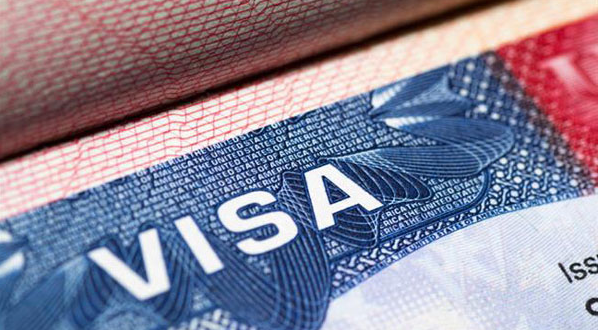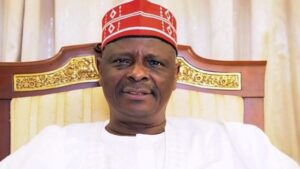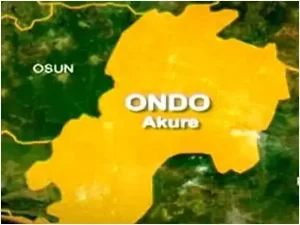
Professionals, entrepreneurs, and families across Nigeria have been thrown into confusion as the United States Embassy in Abuja and Lagos quietly commenced the cancellation of valid visas earlier issued to citizens.
The move, which many describe as abrupt and without explanation, has left several stranded, forcing them to cancel business engagements, medical trips, educational plans, and family reunions abroad.
Former Chief Corporate Communications Officer of NNPC Ltd, Mr. Olufemi Soneye, raised the alarm in a widely circulated article yesterday, titled: “The quiet revocation: Why is the U.S. silently cancelling Nigerians’ visas?”
According to him, dozens of Nigerians—ranging from senior government officials to private-sector players—have recently received letters instructing them to submit their passports at the embassy. Upon compliance, their visas were summarily revoked.
The notices, which cited Title 22, Code of Federal Regulations, Section 41.122, vaguely claimed that “new information became available after the visa was issued.” No further details or channels of appeal were provided.
Among the victims are a prominent journalist, the head of a federal government agency billed to deliver an international keynote, and an Abuja-based entrepreneur with a spotless travel record.
Some only discovered their visas had been cancelled at airports while attempting to board flights, with a few briefly detained by immigration officers before being turned back.
For many, the experience has been both humiliating and financially draining. Several had to refund tickets, reschedule meetings, and explain embarrassing absences to international partners.
Despite mounting outcry, neither the U.S. Embassy nor Nigerian authorities have issued any official clarification, fuelling speculation of a targeted tightening of Washington’s visa policy towards Nigerians.
Those affected maintain they have no history of overstaying or breaching visa conditions, insisting the cancellations appear arbitrary.
Observers note that Nigeria has long faced heightened scrutiny under U.S. immigration policies. Previous administrations in Washington instructed consular officers to apply stricter reviews to citizens of “high-migration” countries, with Nigeria often singled out.
Analysts warn that unless addressed diplomatically, the development could further strain U.S.-Nigeria relations while disrupting legitimate engagements critical to commerce, education, and diplomacy.


![[PHOTOS] Arewa Offa, Mustapha Amidat Concludes Skill Acquisition, Exhibition Programme](https://newsbulletin.com.ng/wp-content/uploads/2025/09/IMG-20250920-WA0011-300x300.jpg)




